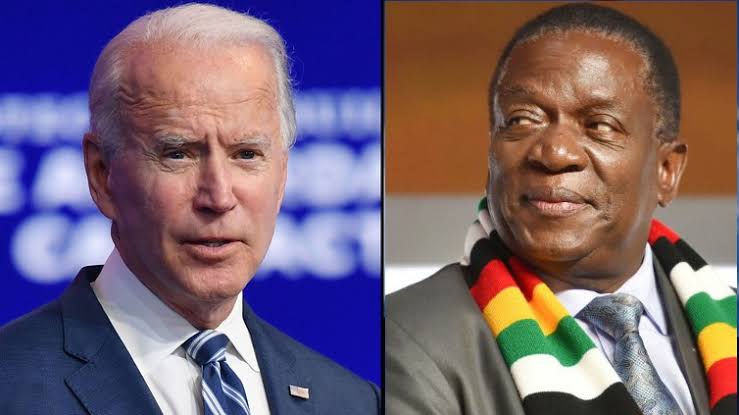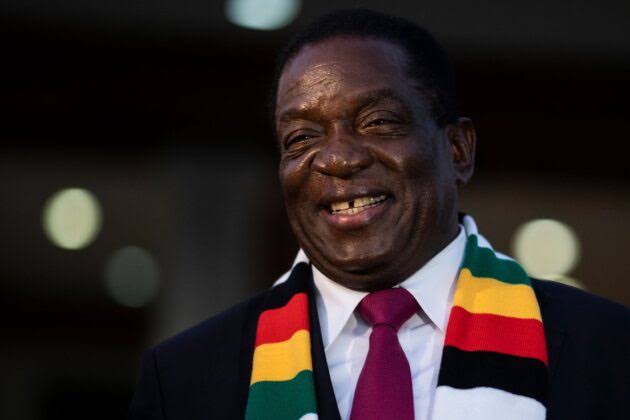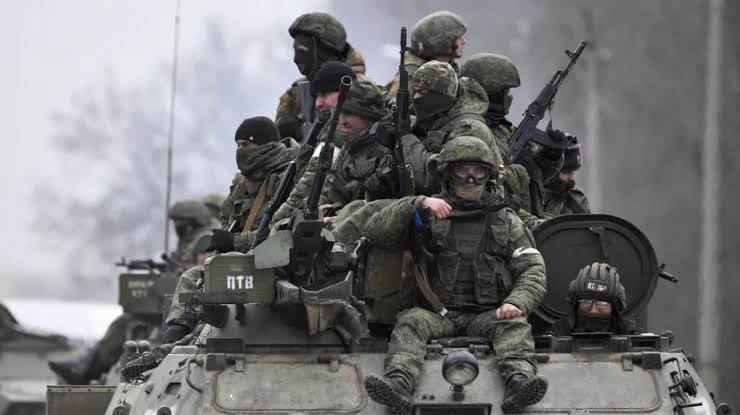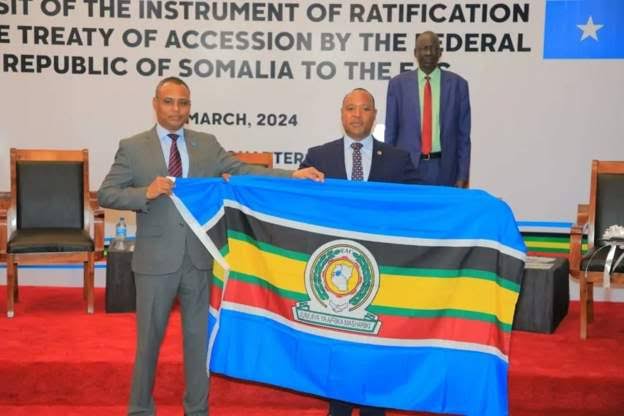
Faith Nyasuguta
The United States has imposed sanctions on Zimbabwe’s President Emmerson Mnangagwa for corruption and human rights abuses.
The move, targeting other senior leaders as well, involves blocking their assets in the U.S. and restricting their unofficial travel there. These sanctions replace a broader program introduced two decades ago.
The U.S. government stated, “We continue to witness gross abuses of political, economic, and human rights” in Zimbabwe. The White House accuses government leaders of siphoning public resources for personal gains and contributing to a global criminal network of bribery, smuggling, and money laundering. U.S. Secretary of State Antony Blinken cited “multiple cases of abductions, physical abuse, and unlawful killing” in Zimbabwe.
The new sanctions specifically target President Mnangagwa, First Lady Auxillia Mnangagwa, Vice President Constantino Chiwenga, and Defense Minister Oppah Muchinguri.
Additionally, senior security officials, members of Zimbabwe’s national police, and the Central Intelligence Organisation (CIO) are included. The sanctions extend to business figures found to have facilitated state corruption, such as presidential advisor Kudakwashe Tagwirei, his wife, and two businesses. Individuals previously sanctioned by the U.S. but not on the new list have had their restrictions lifted.
A spokesperson for the Zimbabwean government, Nick Mnangagwa, labeled the new tariffs “illegal” and considered the lifting of the old sanctions program as a “great vindication of President Mnangagwa’s Foreign Policy.”
Farai Muroiwa Marapira, a spokesperson for Mnangagwa’s ruling Zanu PF party, described the results as “bittersweet,” emphasizing that if the president and other officials remain sanctioned, Zimbabwe remains burdened by “this illegality.”
The history of U.S. sanctions on Zimbabwe dates back to the early 1990s when economic and travel restrictions were imposed on then-President Robert Mugabe and high-ranking officials accused of undermining democracy.

Various countries, including the UK and European Union members, have also implemented sanctions on Zimbabwe. President Mnangagwa, sworn in for a second term last year, has blamed economic tariffs for hindering the country’s development.
The U.S. decision to impose targeted sanctions reflects ongoing concerns about Zimbabwe’s political, economic, and human rights situation. The accusations of corruption, abuse, and illicit activities contributing to a global criminal network have intensified scrutiny on the Zimbabwean government.
The sanctions aim to hold accountable those responsible for the reported exploitation and human rights violations. However, the effectiveness of such measures in bringing about meaningful change within the country remains a subject of debate.
In response, the Zimbabwean government rejects the sanctions, emphasizing the alleged illegality and criticizing the impact on the nation’s development.
RELATED:




